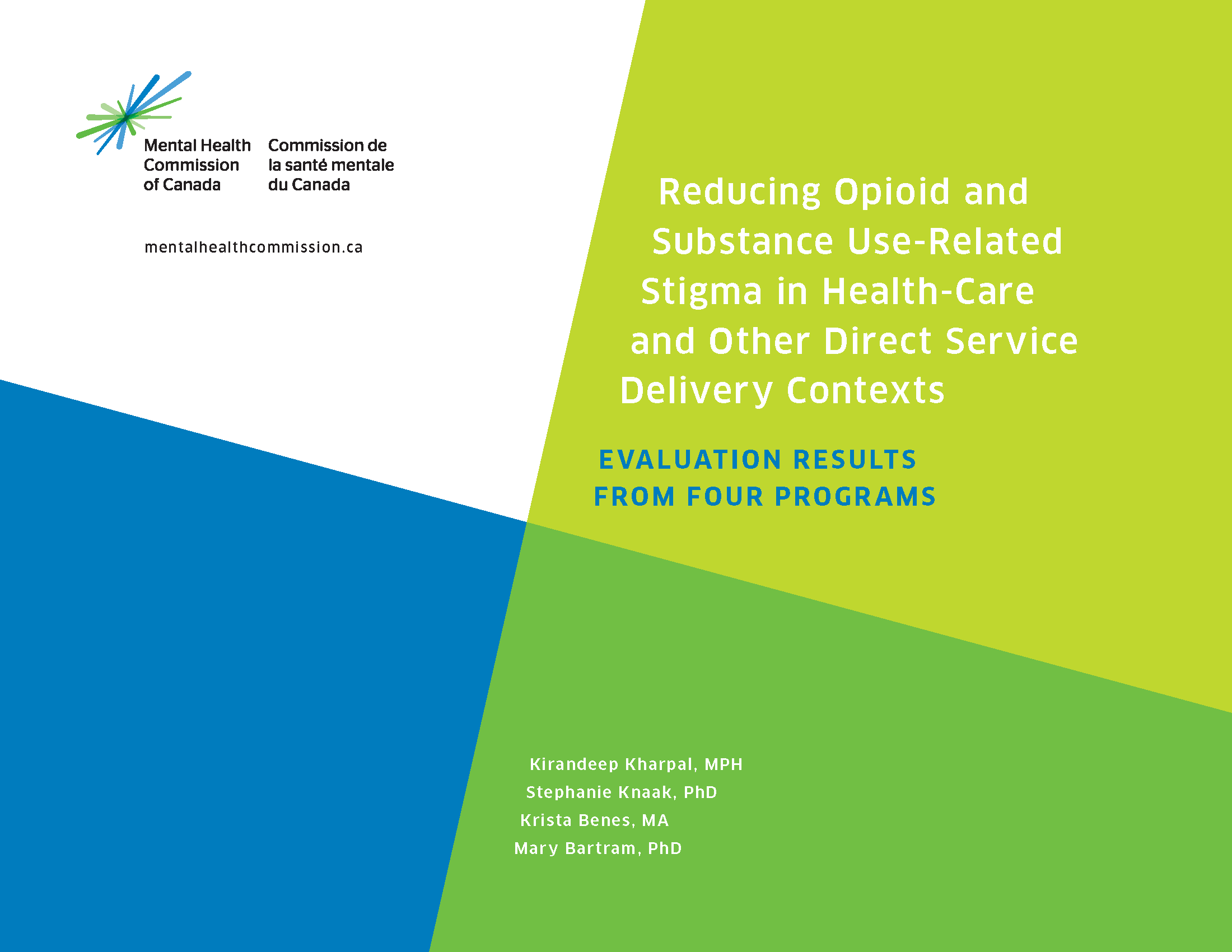If you are in distress, you can call or text 988 at any time. If it is an emergency, call 9-1-1 or go to your local emergency department.
- Policy Brief, Research
The Impact of COVID-19 on Rural and Remote Mental Health and Substance Use
Purpose This policy brief provides an overview of the developing issues and unique mental health and substance use challenges that COVID-19 poses for rural and remote communities. It builds on a preliminary scan the Mental Health Commission of Canada (MHCC) completed at the outset of the pandemic and on an evidence brief on best and promising practices written just before it began. The current brief includes an updated literature review, a section on diverse populations and social determinants of health, domestic and international policy responses, and policy recommendations. Also included is a case study that highlights the British Columbia (B.C.) community of Princeton, in collaboration with the Princeton Community Health Table. Its primary audience comprises policy makers and organizations across the mental health and substance use sectors that serve rural and remote communities. Key messages
- Policy Brief, Research
The Impact of COVID-19 on Rural and Remote Mental Health and Substance Use
The Impact of COVID-19 on Rural and Remote Mental Health and Substance Use
- COVID, Inquire, Mental Health and Substance Use
Purpose This policy brief provides an overview of the developing issues and unique mental health and substance use challenges that COVID-19 poses for rural and remote communities. It builds on a preliminary scan the Mental Health Commission of Canada (MHCC) completed at the outset of the pandemic and on an evidence brief on best and promising practices written just before it began. The current brief includes an updated literature review, a section on diverse populations and social determinants of health, domestic and international policy responses, and policy recommendations. Also included is a case study that highlights the British Columbia (B.C.) community of Princeton, in collaboration with the Princeton Community Health Table. Its primary audience comprises policy makers and organizations across the mental health and substance use sectors that serve rural and remote communities. Key messages
SHARE THIS PAGE
RELATED

Review our Assessment Framework for Mental Health Apps — a national framework containing key standards for safe, quality, and effective mental health apps in Canada.

To help expand the use of e-mental health services, we developed four online learning modules based on our Toolkit for E-Mental Health Implementation, in collaboration with the Centre for Addiction and Mental Health (CAMH).

Stepped Care 2.0© (SC2.0) is a transformative model for organizing and delivering evidence-informed mental health and substance use services.

